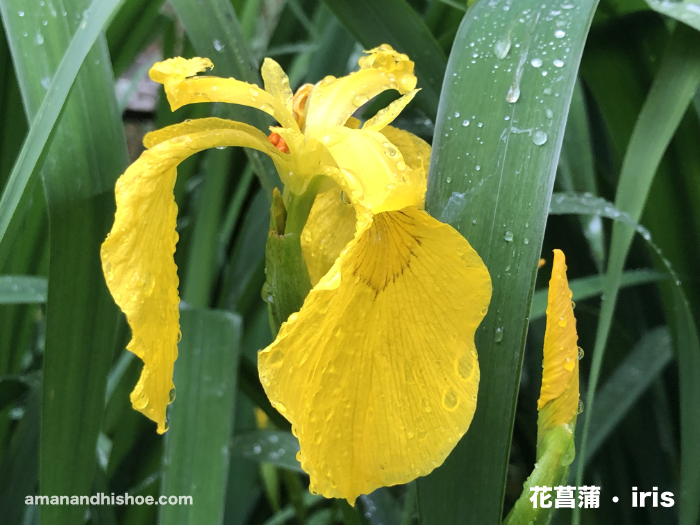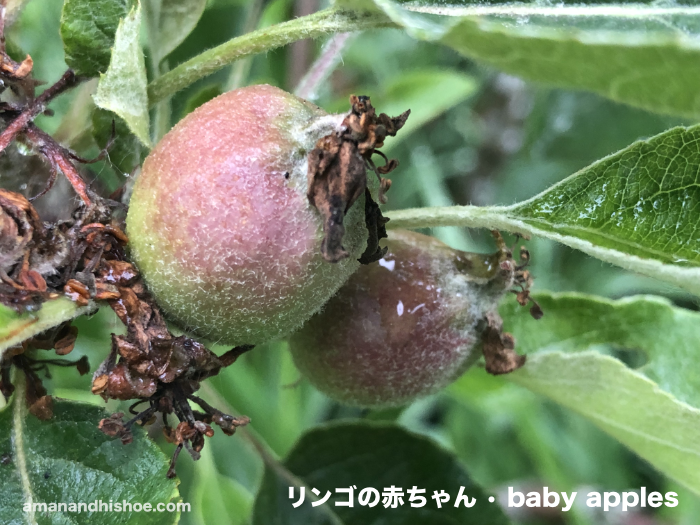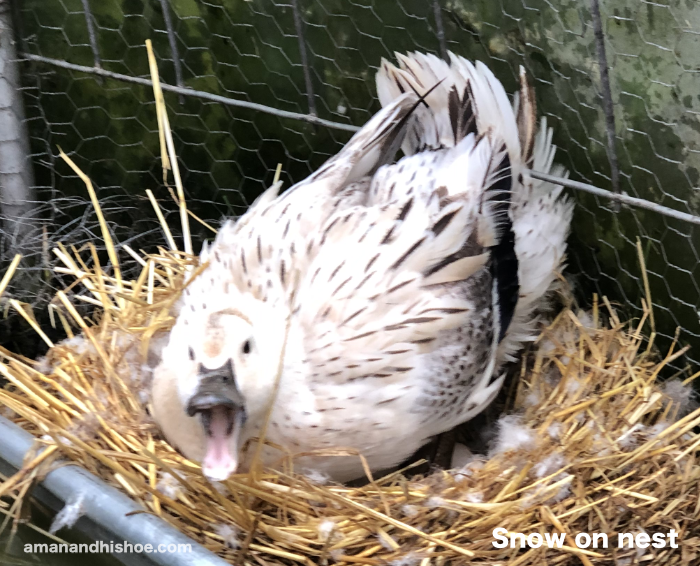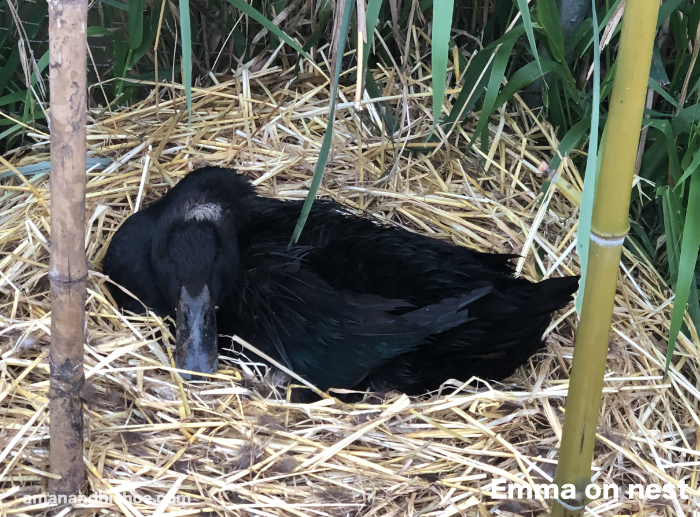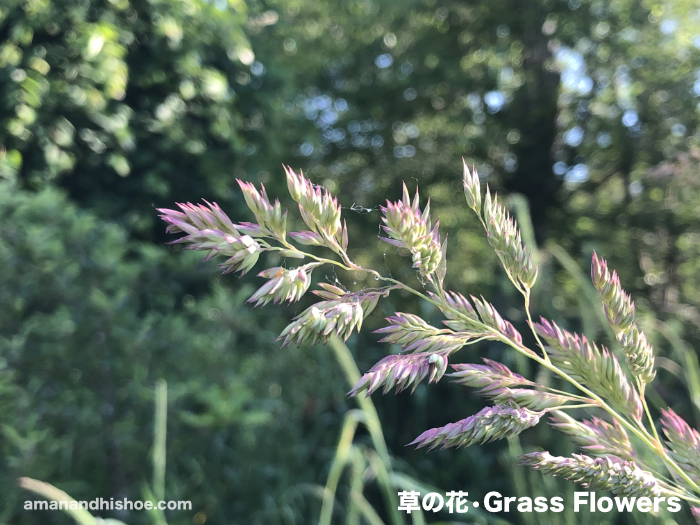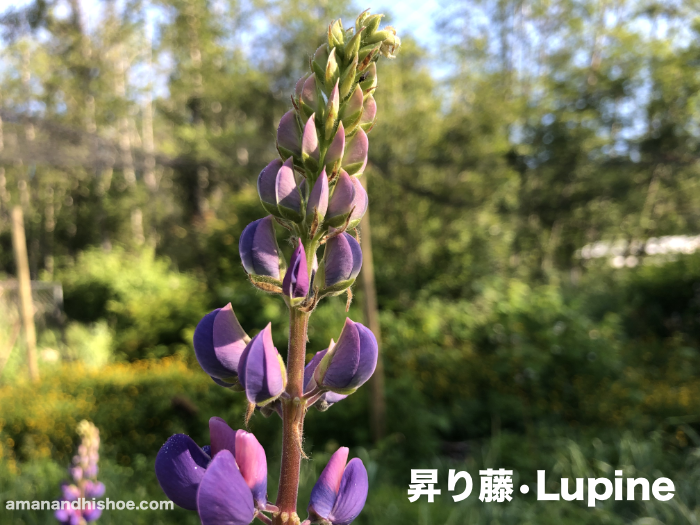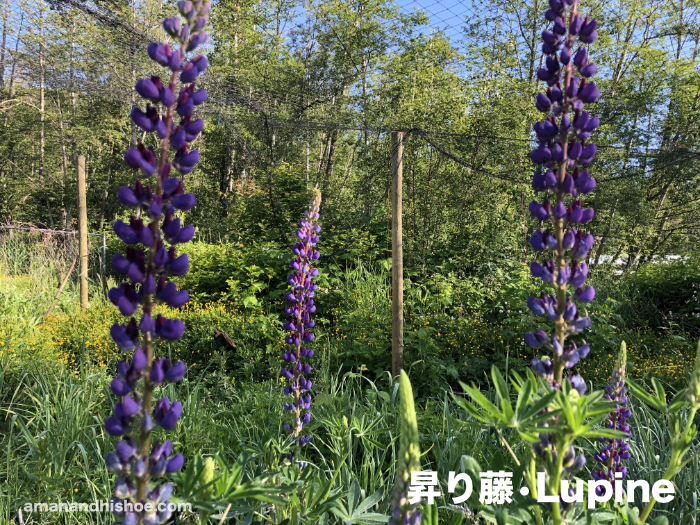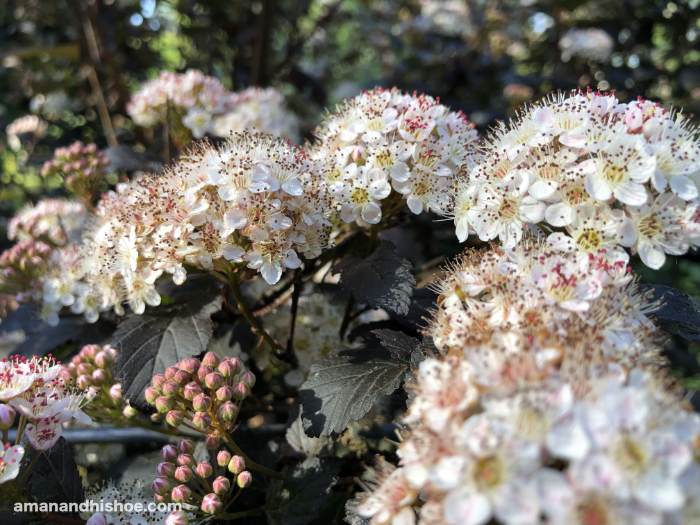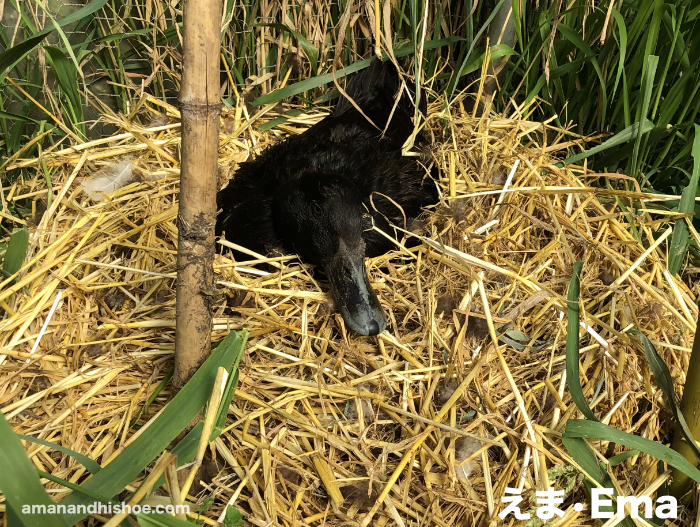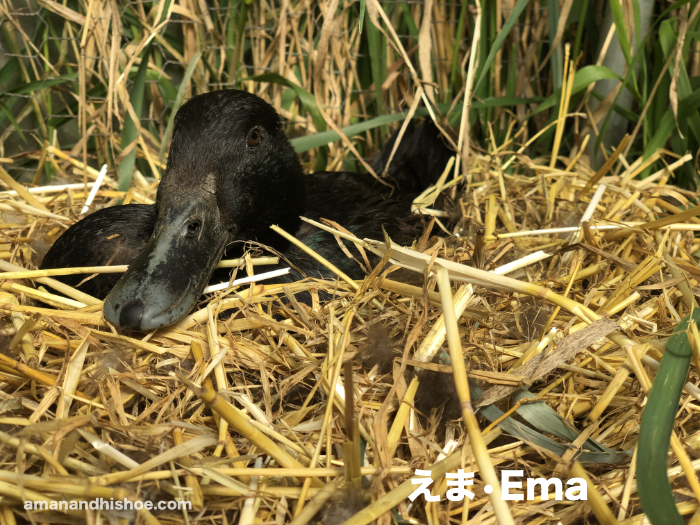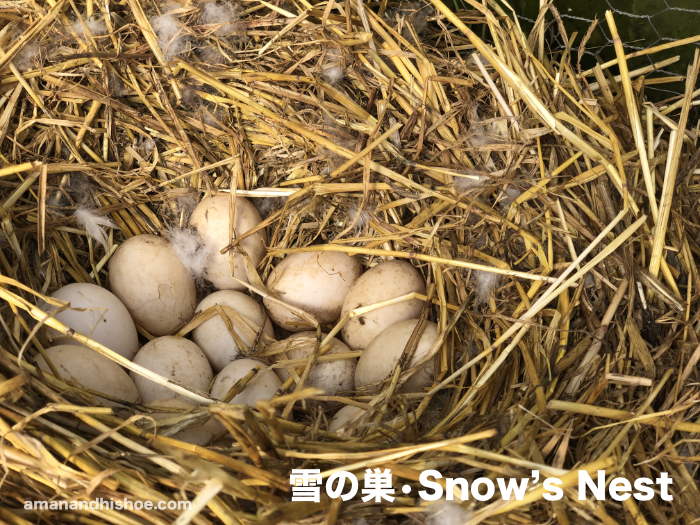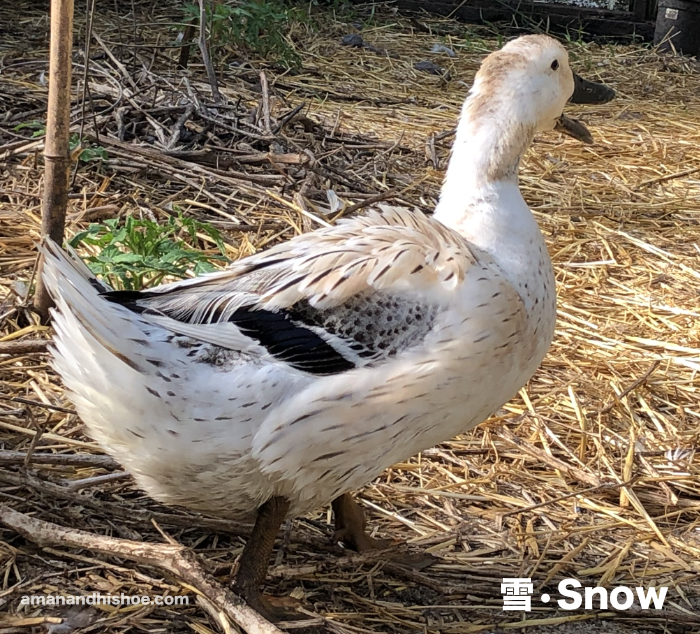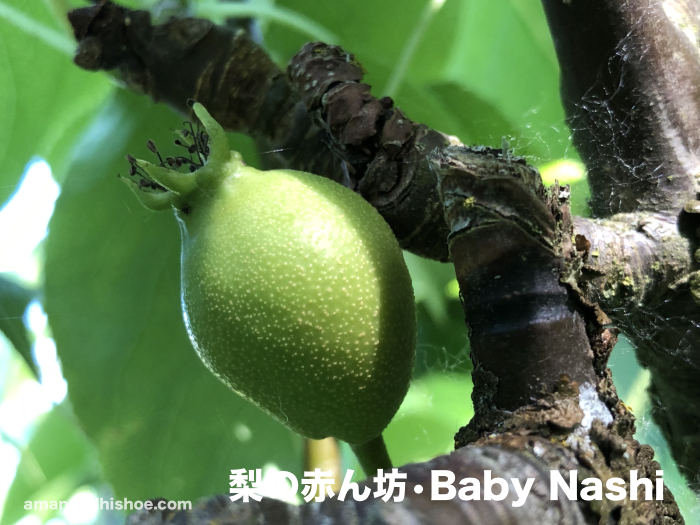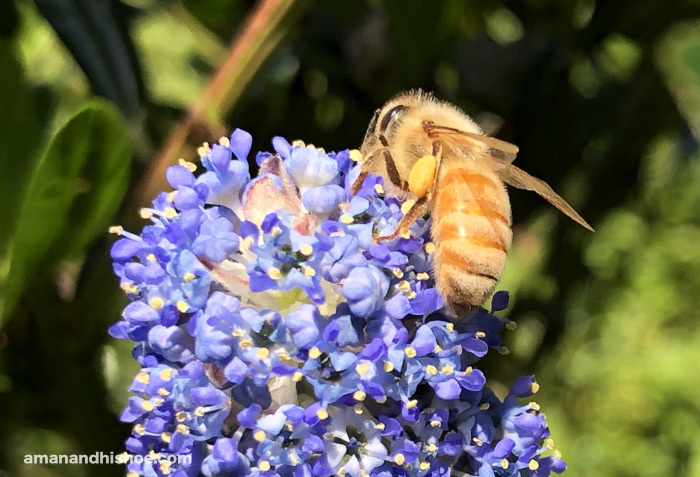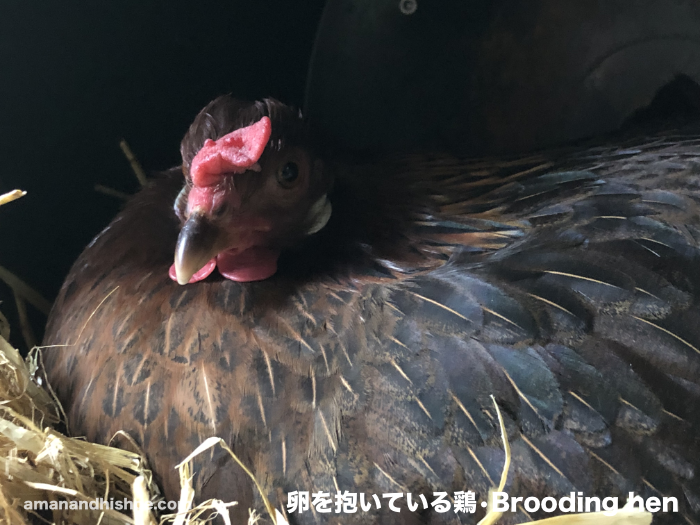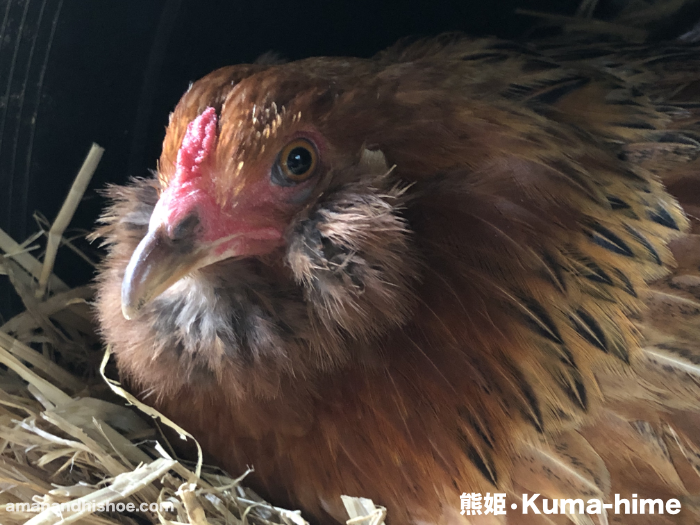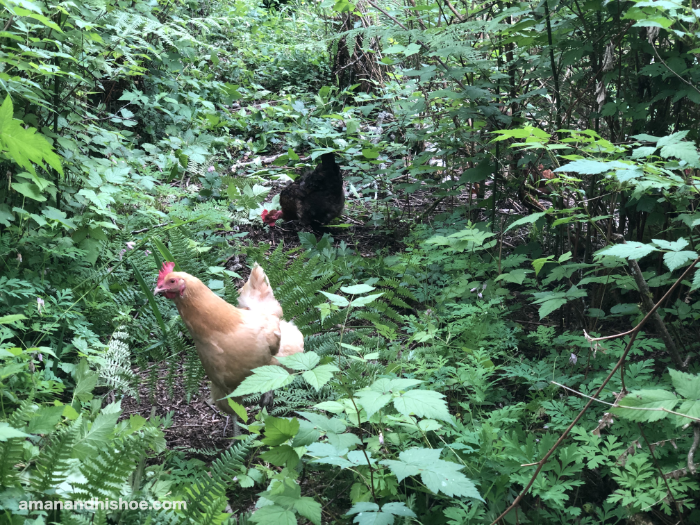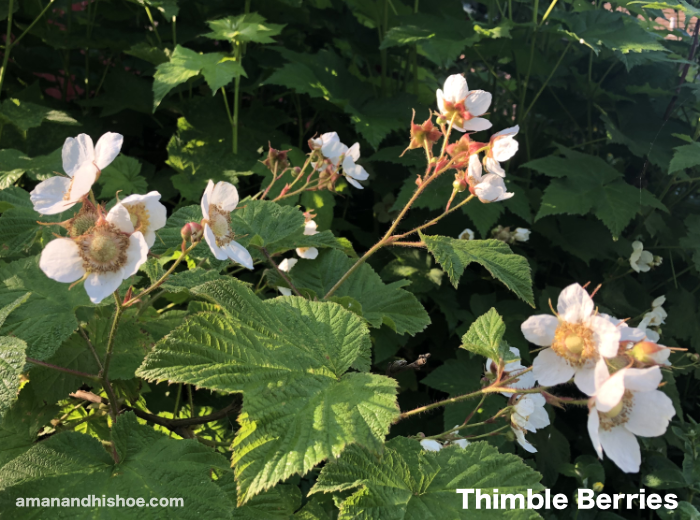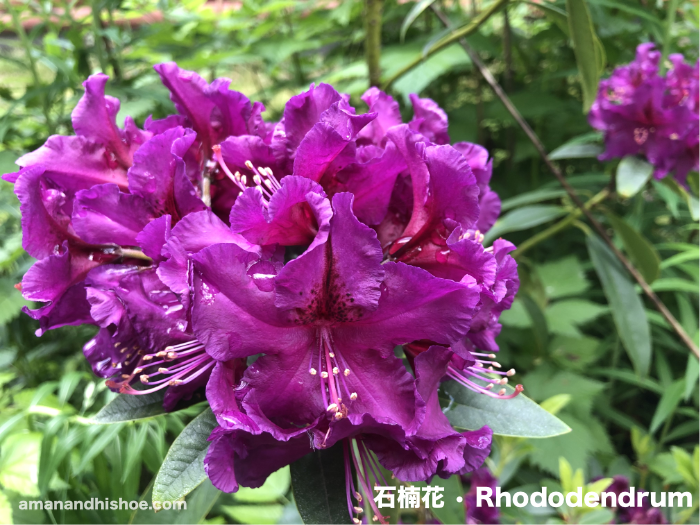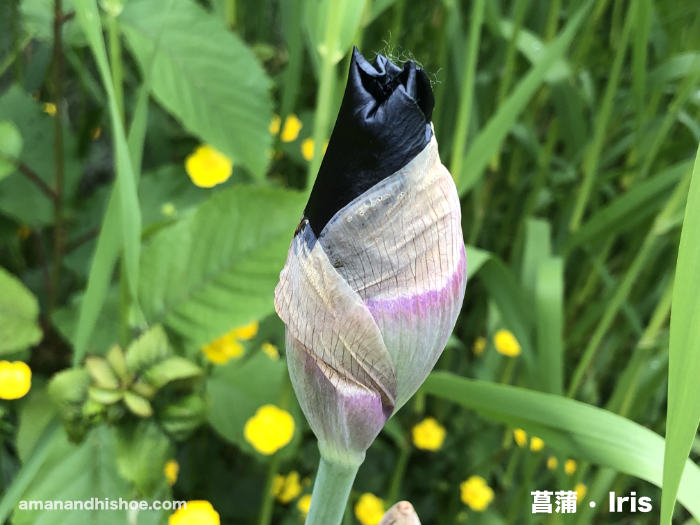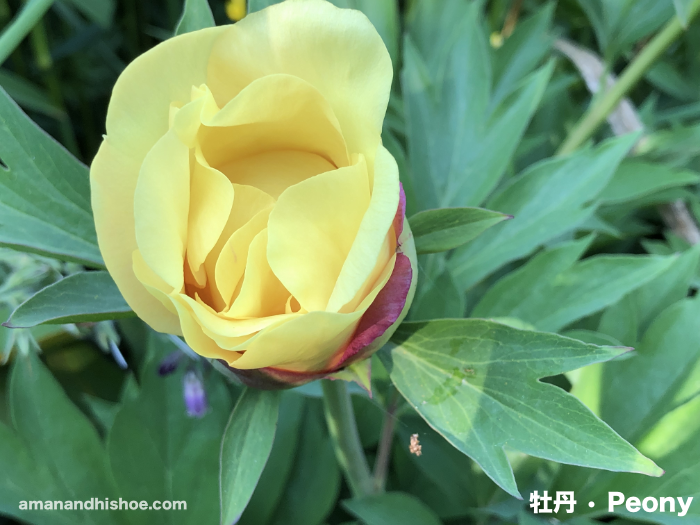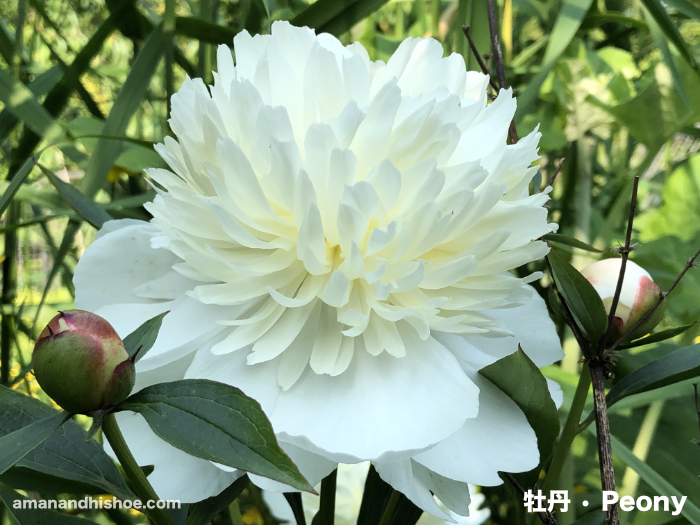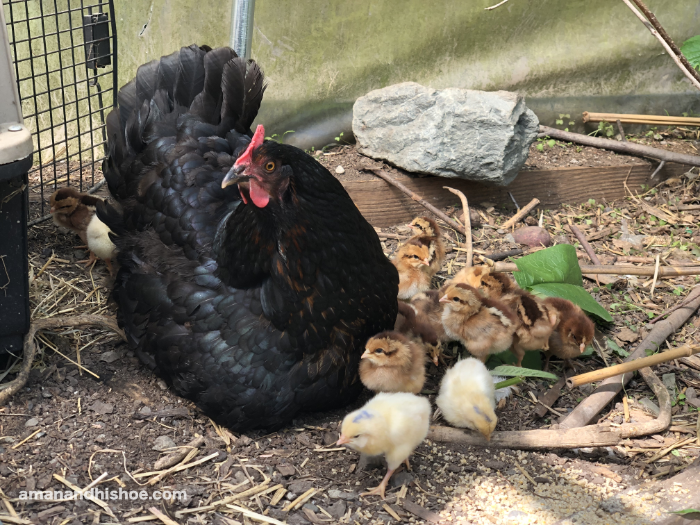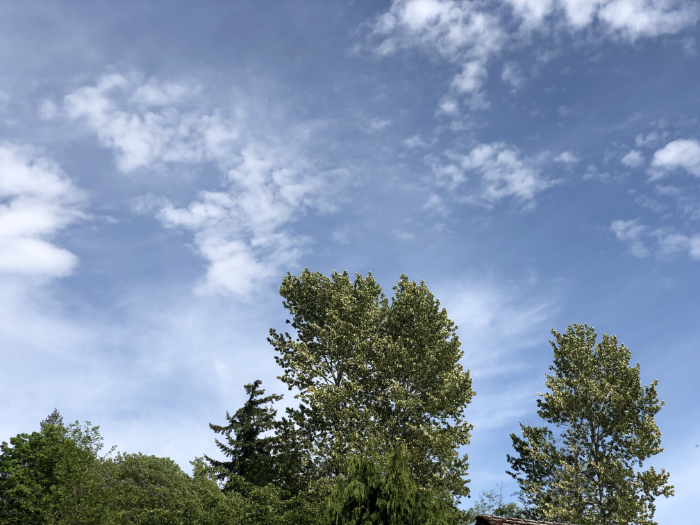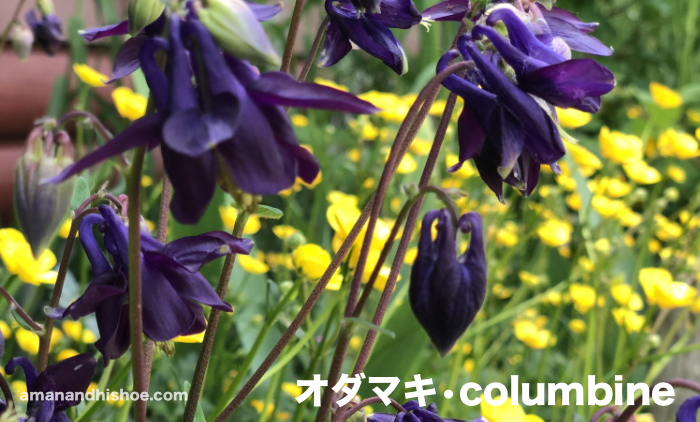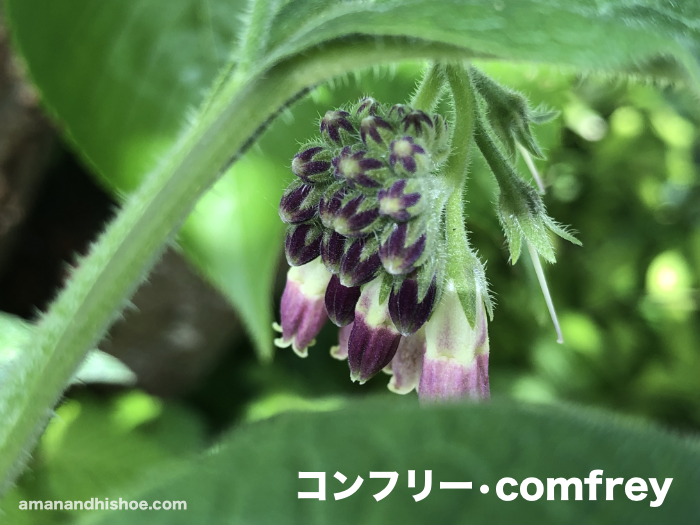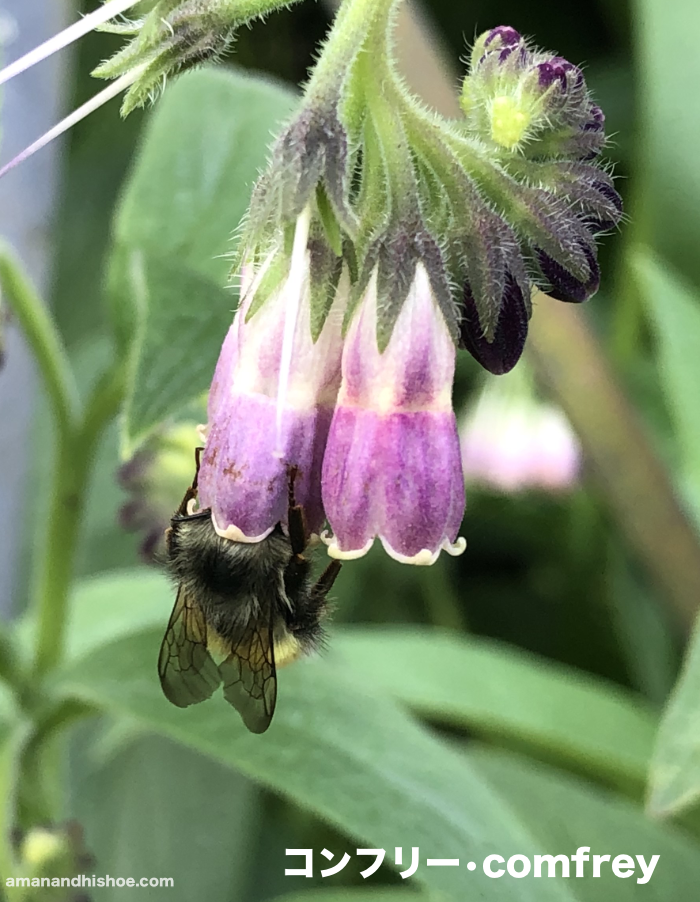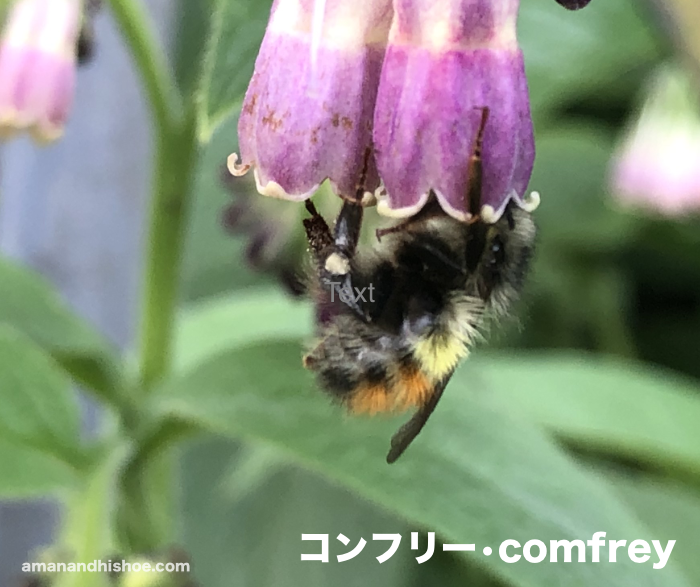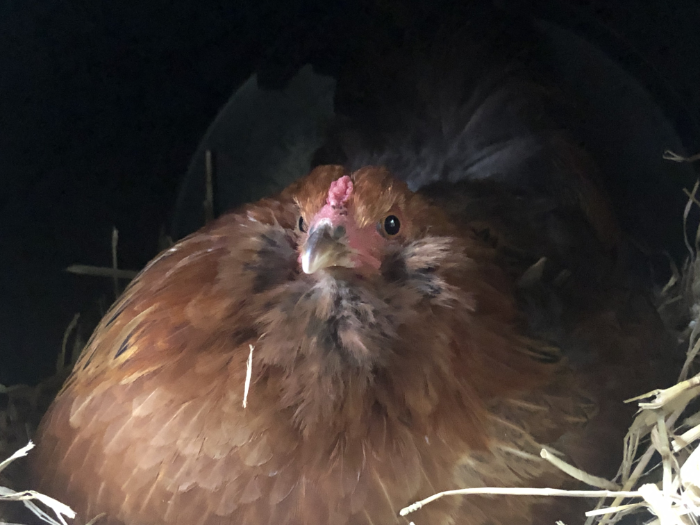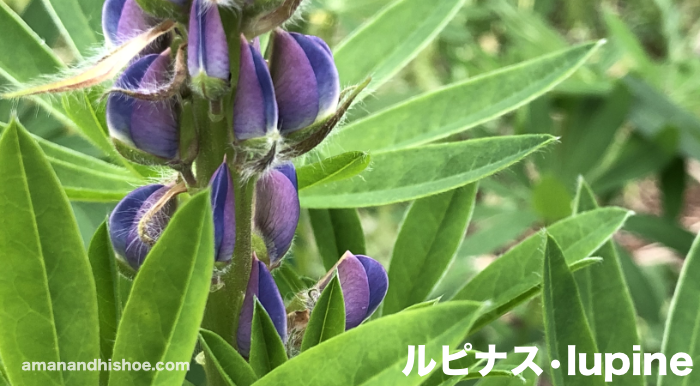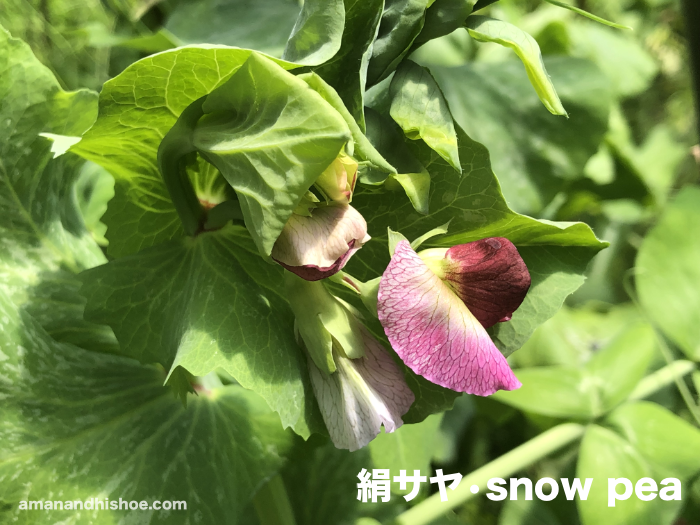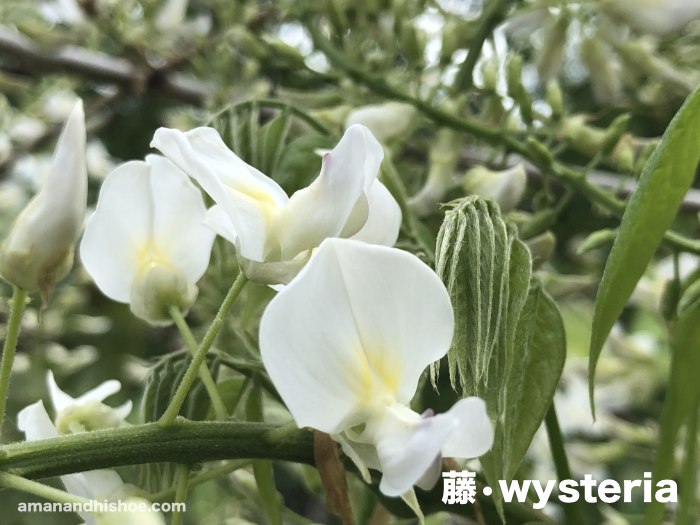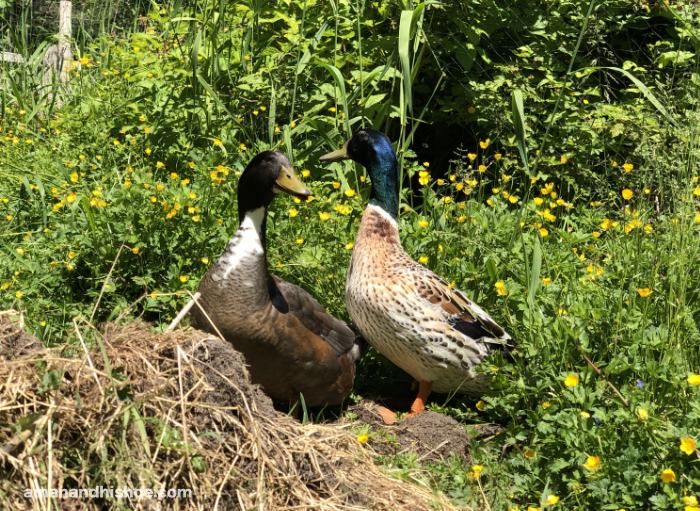
The drakes are lost. Both of the hens, Snow and Emma, are spending most of their time on their nests, incubating their eggs. Without their mates, the drakes meander, not sure what to do, or so it seems. Duck world is so different than chicken world. Drakes and roosters have different world views. With roosters it is, ”I am the king, and how many hens can I bang?” With drakes, it is much more complicated. Drakes and duck hens converse, quarrel, make alliances, and play.

Solcion has come out with an innovative canister. It has lids at both ends. The idea is that you add things from one end, and use them from the other, so that you are always using the older product first.
The lids are different colors so you know which end to use when adding products, and which end to use when pouring out products.
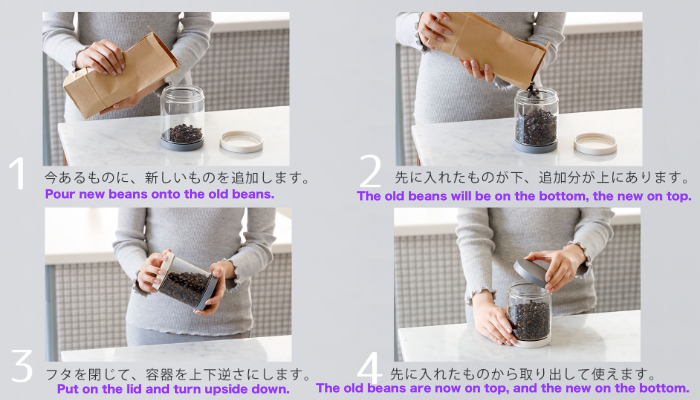
Take coffee beans. When you come home with fresh coffee beans, but still have some coffee beans left over in the canister, you add the new coffee beans from one end of the canister, flip it over, and so when you pour out coffee beans for your next morning brew, you’re using the older beans first, and the newer beans stay under the older beans. It’s the first-in, first-out principal of accounting in practice in the kitchen. Just don’t shake the canister when you add new things.
